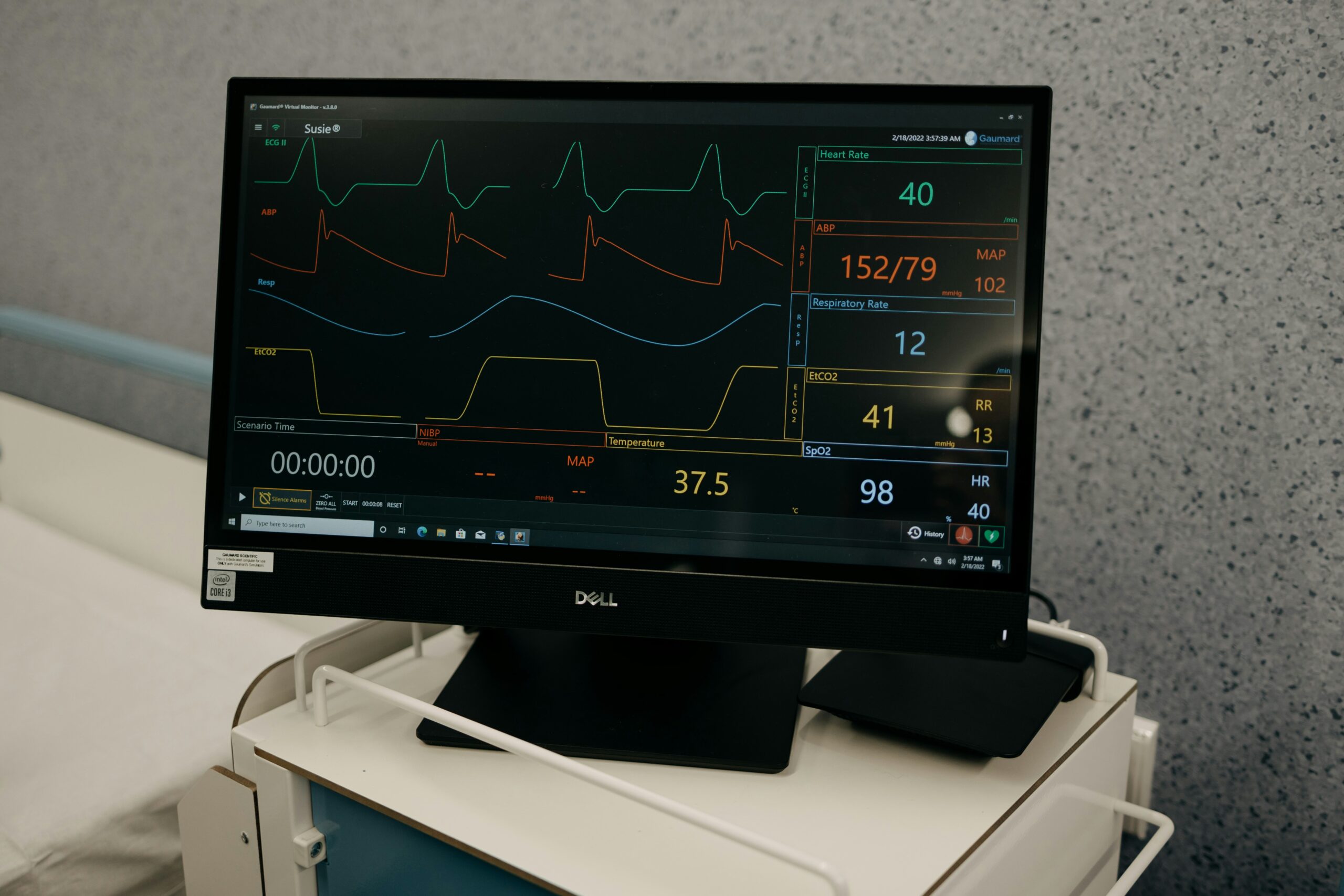
If you spend all your time at work, there is no time to live,” “you can’t work too hard or rest, balance is needed in everything,” “work is good for health,” are just a few phrases about the relationship between work and “no work.” Hundreds of books, dozens of lectures and just one question, what is work-life balance? and could what sounds like another philosophical concept really affect human health? Well, let’s explain everything step by step.
The Essence of Work-life Balance: Separating Work from Life
More than half a century ago, when the term appeared in the UK, it meant that there must be a balance between the time you spend working and the time you devote to other areas of life. So it is correct to say that there are 9 to 5 working hours and then there is no work at night?
Contrary to the common misconception, work as such does not interfere with your life. On the contrary, it saves from boredom and idleness, provides a livelihood, and with a competent approach to finance, can significantly improve the quality of life. Remember is to work and not overdo it at work, not to live at work or work without sleep or rest. This is true but a little backward: can you really separate “personal life” from “work”? What if you are a programmer who teaches schoolchildren the basics of writing code in your free time at night? Or a cardiologist interested in modern scientific research and read them at home with a cup of tea? Where is the line that is not worth crossing so that all parts of “work-life” are in balance? Of course, we understand that the situations described above are different. However, the concept of work-life balance is not based on having to clearly divide your work time and personal time according to the principle of “working from dawn to dusk, and then resting” and do not mix these two under any circumstances.
In general terms, work-life balance is based on the fact that your physical resources are not infinite, and for you to work a lot, like anyone else, you need to rest fully.
In addition, the concept of rest includes not only sleep and meals but a change of activity during the day that will allow you to change and enter another notion. Hobbies, which encourage and fill you with energy, will enable you to lower the tension after a work day. Finally, the time you share with your loved ones or a little break during the day to read specialized literature allows you to briefly distract yourself and then return to work with new forces.
The Dangers of an Imbalanced Work-life: Health Risks and Cardiovascular Impact
The reasons for the fact that in life, the balance between work and personal time is disturbed are many: from the strict traditional frameworks inherent in a culture to the economic and financial situation in a country, region or city; from personal circumstances to strict deadlines set by bosses at work; from changing social status, with increasing worries, to increasing responsibility at work. All this and more can make you prefer one side of life, leaving the rest on the back burner.
If short-term changes can happen without consequences and you can easily return to your former state of mind, then a more substantial and permanent advantage in one direction is not always certain.
You have already read the joke about the fact that you can become a rich and successful specialist who works 24/7 who invests everything in his favorite work, or even in two, and who has time to develop professional skills, and all this, with the only “effect” in the form of a heart attack at age 30? No, we do not mean that this is what will produce the fact of endlessly overworking, disproportionately increasing the burden, or what will produce the lack of time and effort to work due to the number of problems and “domestic” responsibilities. But, the mode and rhythm of life, built in the least suitable way, has certain risks.
Increased anxiety and sleep problems. Imagine that you only think about the work in the office and worry about completing the assigned tasks. Are you writing, the pulse jumps, maybe even the pressure rises? When you return home, you keep thinking about tasks and do not disconnect from workflows.
- Instead of resting, you think about different options such as: How long will you last in this rhythm, without pause and rest? It has long been noted that employees who disconnect entirely from work and know how to rest with benefits for themselves, work more productively, bring fresh ideas, and complain about health problems less often. On the other hand, those who concentrate too intensively on one task or problem end up so twisted that they cannot sleep peacefully, and without a full sleep, it is impossible to restore the body’s resources qualitatively.
- Stress, stress and too much stress. Employees who have no idea what this balance is are more likely to be overly stressed. The tension that appears at work and at home accumulates or multiplies, the domestic conflicts that arise in this context aggravate the situation, and a person so “charged” returns to work. The result is not difficult to imagine.
- Quantity ≠ Quality. Unfortunately, many forget that the 20 conditioned hours per day spent on a single job do not guarantee its successful implementation. Instead, this will lead to an excess of physical or mental load and will have an unfortunate effect on your health: even the most trained body must rest and restore strength. Will a person last long in a state in which all forces go to one thing without interruption? Probably not. As a result, you will have decreased productivity, lost motivation to do something, or increased anxiety.
- Financial difficulties. Of course, we cannot avoid mentioning what happens if the difficulty is related to personal life. Giving up work or minimal employment is good when there are good economic conditions to do so. As you understand, most of us simply need to work to maintain or improve our current quality of life. However, by neglecting job responsibilities, you not only deprive yourself of opportunities to grow in your career and receive recognition, but you can also get into a difficult financial situation. And hence the decrease in quality of life, stress, anxiety, which becomes a vicious circle.
All mentioned above are “almost harmless” consequences and are relatively easily reversible. Of course, we cannot unequivocally state that overworking will only cause cardiovascular problems or cause serious diseases. But how often do you ignore the symptoms because you don’t want to take a break from a particular activity? Do you try to compensate the communication with loved ones by sacrificing sleep? Do you postpone going to the doctor because you must finish work on time? Such behavior, which has become a habit, will definitely not end in anything good.
Practical Steps to Achieve a Healthy Work-life Balance
Look for what is not right for everyone, but what is right for you, but with one caveat. Let’s immediately clarify that the “work-personal life” balance is not an isolated achievement, like obtaining a language certificate, after having prepared and passed the exam and subsequently having the document in your pocket. The balance between work and personal life is somewhat related to the construction of your balanced lifestyle where there are some rules to help you reach the desired state.
- Designate the workplace. It’s pretty easy; if you work in an office, just leave work at work. If you work from home, create a workplace for yourself. If you do not have a separate office (and you usually do not have it at home), at least create the atmosphere in your space: put a glass with pens, a notepad, in general, everything that can be easily removed or moved to later “turn” your home office into your usual home space. Clothing also helps to separate these concepts: even if your wardrobe consists of the same things for all occasions, define clearly: in which clothes you are the “employee” and in which clothes you are a “task-free person.”
- Set a time frame. Divide by time, when you take care of your work tasks, and when you pay attention to your relatives and friends, hobbies, self-development, and other things. Plan your tasks for the day/week/month to keep up with what’s important and not overdo it. Spending all the energy on only one aspect of life, without the ability to replenish resources, you will not be able to enjoy other important aspects.
- Include the word “no” in your vocabulary. Curiously, such a simple possibility is forgotten by many people. Of course, this will not save you from the important routine tasks, but refusing to do something that is not part of your duties and plans does wonders. You will not be able to include in your agenda all the tasks in the world; you will have to choose anyway. So choose wisely and say «no» when necessary.
- Reconsider your priorities. Here everything is simple: evaluate what is really important to you, giving you a boost of energy and making you happy. Are you sure you want 2/2 night shifts? So is it necessary to overwork every day? Does your schedule allow you to have time for everything you need and leave strength for what you want? Make a list of everything you care about and think about what is worth changing to lead a more comfortable life.
- Focus on what you are doing. Leave work at work. The rest of the time, do not open corporate mail, do not look at work chats, and do not receive calls from colleagues. Otherwise, you can “stay in the office.” Conversely, do not solve personal problems in the office or during working hours (if you work from home). Otherwise, you risk not performing the tasks in the right quantity/quality and not enjoying your “free” time.
- Don’t be too strict with yourself. Perfectionism for being a perfectionist; however, scolding yourself for having an “incorrect” work-life balance or for deviating from the already established regime is the path to sadness instead of developing constructive changes. On the one hand, circumstances are different, and no one is immune from sudden changes that cause the scales to sometimes move towards only one aspect. On the other hand, achieving a “work-life balance” is challenging, especially if you did not even think about proper management of your time. Give yourself time, and do not expect quick results here and now: in the end, achieving something specific is one thing, and maintaining something is an entirely different story.
- Pay attention to health. Even the morally strongest person with a perfect ability to manage his daily schedule will not be able to follow the planned plans and perform tasks qualitatively if his health fails. You’re not going anywhere if you don’t care about your condition. Therefore, it would be best if you did not risk your health for any work task (not the most important one!) or any plan (not the most brilliant one). Health is your most important resource for a happy, long, and high-quality life. Despite the fact that this item is the last on the list, it is worth starting with this aspect to achieve the goal of having a balance between work and personal life. Keep your health under control. Fortunately, with the use of modern electronic devices, it is easy to do it anywhere without even leaving home.
To maintain a healthy balance between work and life, it’s essential to keep your cardiovascular health in check. For more details on heart health, check out our article: Cardiovascular System: Everything You Need to Know on our website.


